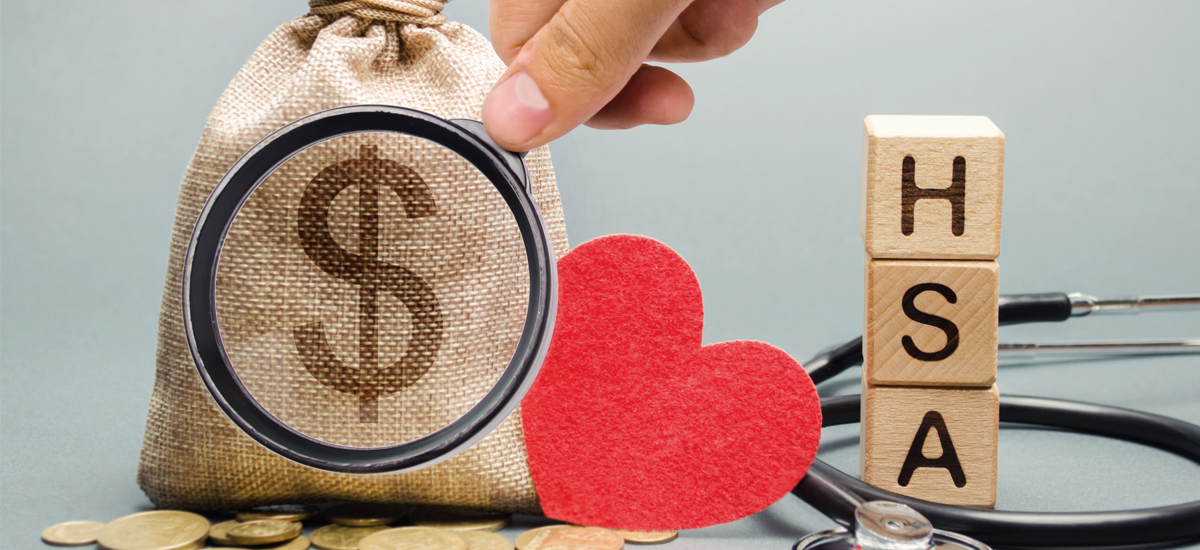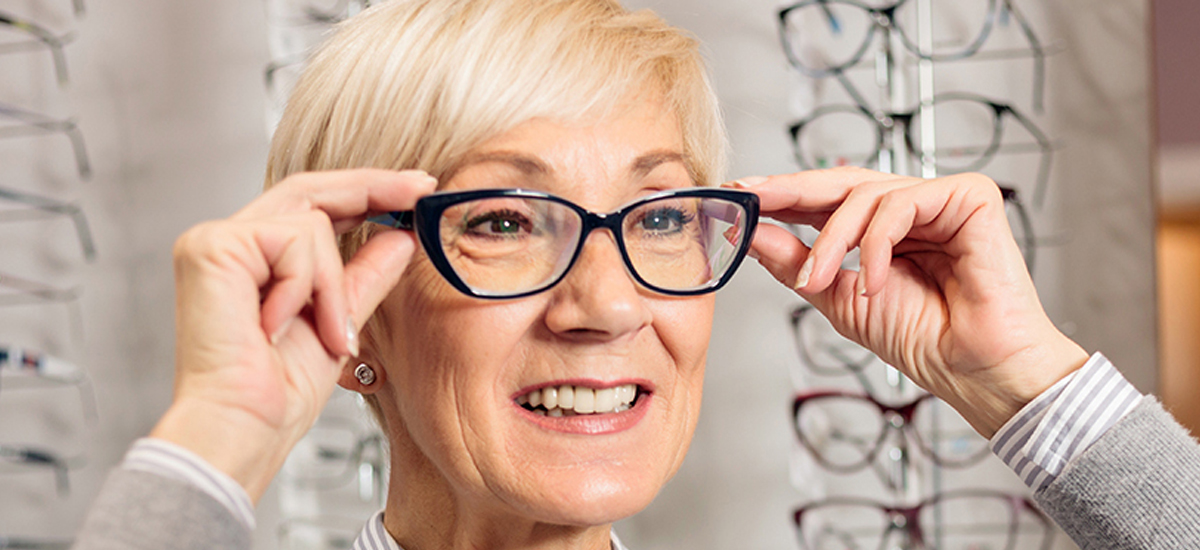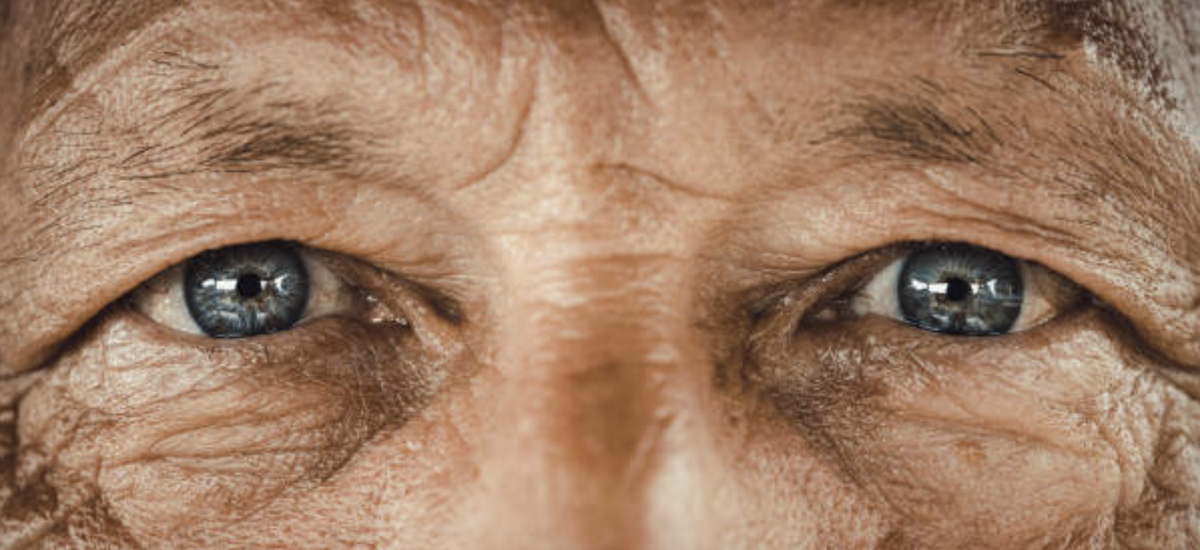What Are FSAs and HSAs?

Did you sign up for an FSA plan in 2022? If it ends on December 31, you may have until March 15, 2023 to use your funds and until March 31 to send in the necessary paperwork for repayment.
Don’t wait too long, though. With the deadlines right around the corner, you’ll want to use your funds and send in documentation right away.
For those who’ve never used medical expense accounts before, we’re here to share what FSAs and HSAs are so that you can better plan for 2022 and beyond.
What are FSAs and HSAs?
You never know what medical expenses will occur. For this reason, many companies provide savings accounts that you can add money to every year for relevant health costs.
What are FSAs and HSAs? Here’s what you need to know:
FSA (Flexible Spending Account)
According to the FSA Store, an FSA is a healthcare benefit program that you set up through your work. Employees can save up to $2,750 every year, as of 2020, for approved medical costs.
Some FSA-eligible expenses may include:
- Copayments for doctor appointments
- Dental and vision costs
- Prescription eyewear
- Prescription medications
How It Works: After enrolling in an FSA, your employer will take a specific amount of money that you determine from every paycheck to go into the account. You can renew your FSA every year.
Important: If you don’t use your FSA before your plan ends, the funds will go to your employer. Staying on top of the FSA deadlines can help the money go to the right cause.
Keep in mind that some workplaces have an FSA grace period or a $500 rollover. The grace period means that once your plan ends, you’ll have an additional 2.5 months to use your FSA funds. The $500 rollover option can go into your FSA for next year.
What You Can Do: Ask your employer if you’re eligible for the FSA grace period or a $500 rollover.
HSA (Health Savings Account)
Like an FSA, an HSA allows you to put a specific amount away from each paycheck into an account to take care of eligible costs for your health. According to HealthCare.gov, your HSA can cover copayments, insurance deductibles, and more.
You can access your HSA funds at any point. However, you’ll need a high-deductible health plan (HDHP) to qualify for an HSA in the first place. If your HDHP doesn’t cover a specific expense, you can likely use your HSA toward it.
Here are the minimum deductible amounts for people in 2022:
- Single Person: $1,400
- Family: $2,800
This year, if you’re eligible for an HDHP, you can add as much as $3,550 if you’re on your own plan or $7,100 for your family plan into your HSA.
How It Works: If you don’t use the money in your HSA, it will move into next year’s account automatically. Your HSA can also accumulate non-taxable interest.
What You Can Do: Ask your insurance provider if you have an HDHP that qualifies for an HSA.
Summary of an HSA vs. an FSA: Which is better?
Understanding what FSAs and HSAs are can help you use your benefits to the max. These two programs can both put you in control of your healthcare and vision by giving you a chance to make approved purchases using untaxed income.
Here are some things to know about how these programs work:
- Many FSAs can carry over a maximum of $500 to the following year, whereas the money you put into your HSA stays with you the whole time.
- You’ll need to have an HDHP to qualify for an HSA.
The bottom line? Both FSAs and HSAs can help you get your medical and vision needs taken care of fast by giving you peace of mind regarding the expenses.
Book your eye exam at For Eyes
Have you had your annual comprehensive eye exam? Schedule an appointment with an Independent Doctor of Optometry at your local For Eyes.











